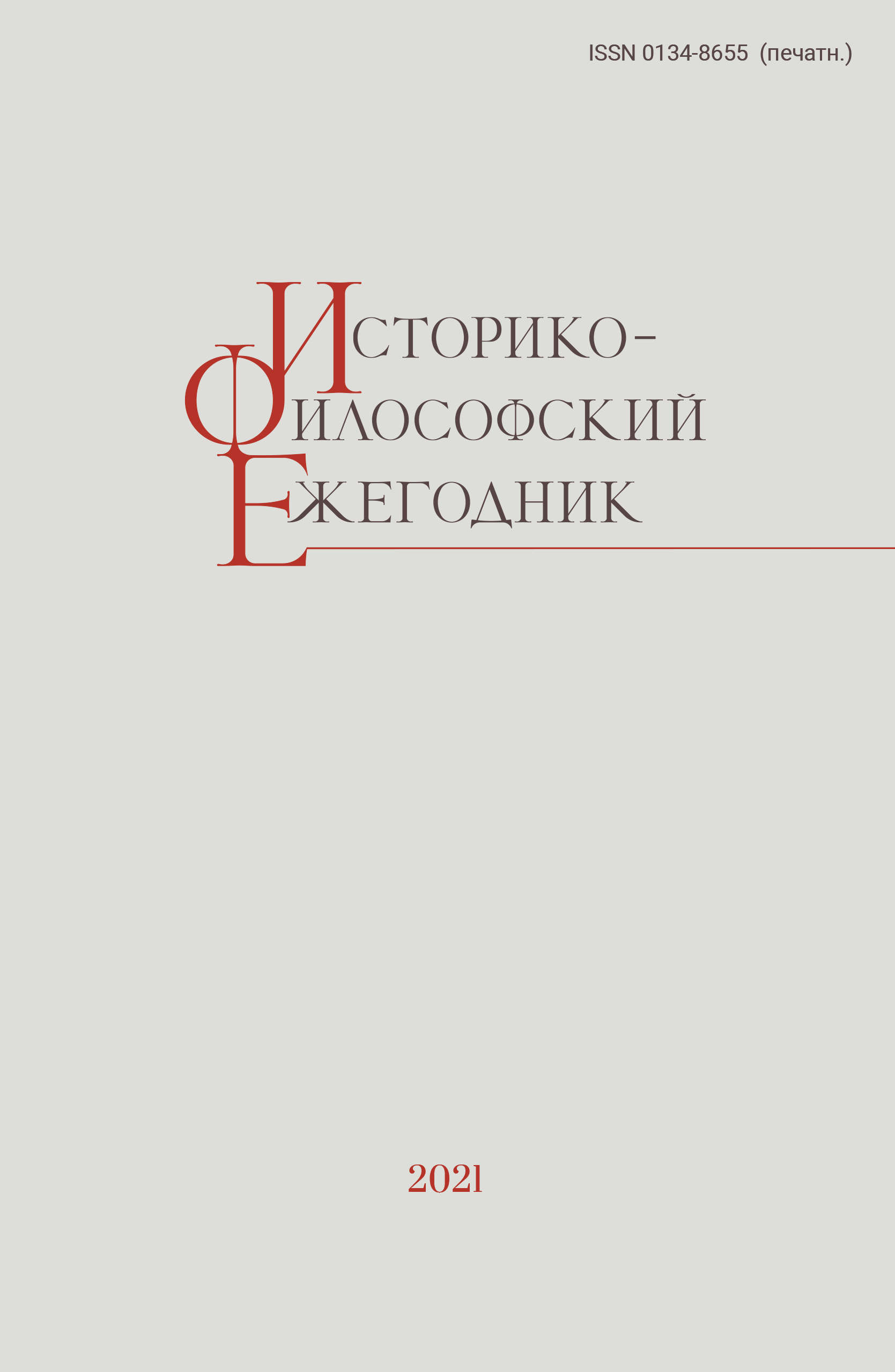Cultural Translation as a Strategy of Integration. Intellectual Biographies of Russian Philosophers in Exile After 1945
Keywords:
Intellectual biography, Russian philosophers in exile during the second half of the 20th century, integration via cultural translation, multilingualismAbstract
This paper examines how Russian philosophers in exile succeeded in integrating themselves into academic and scientific institutions in the West during the second half of the 20th century. It is based on sketches of the intellectual biographies of six philosophers, such as Ivan Ilyn, George Fedotov, Georges Florovsky, Alexandre Koyré, Alexandre Kojève, and Isaiah Berlin. None of these philosophers published exclusively in Russian, but all of them remained closely attached to Russia by birth, education, and language. They belonged to a second and third period of Russian philosophy in exile which took place during the interwar years from 1918–1939 and the post-war years after 1945. Their biographies, characteristic ways of thinking, topics, and methods were highly heterogeneous. However, they all practised what may be called cultural translation in order to establish themselves in Western academic and scientific institutions and to convey a particular idea of the specificity of Russian thinking to their Western audiences and readership, be it in the USA, in Great Britain, France, Switzerland or Germany. Therefore, their academic research often crossed the borders of different cultures, languages, disciplines, or institutions. Consequently, the production of Russian philosophers in exile and of philosophers of Russian descent encompassed texts written in English, French, and German as languages of philosophical thinking. This multilingualism (with a certain predominance of English) could alter our understanding of the Russian emigration as a cultural phenomenon of the 20th century. As the paper presents only a limited selection of six philosophers, further studies have to analyse different forms of cultural translation.

